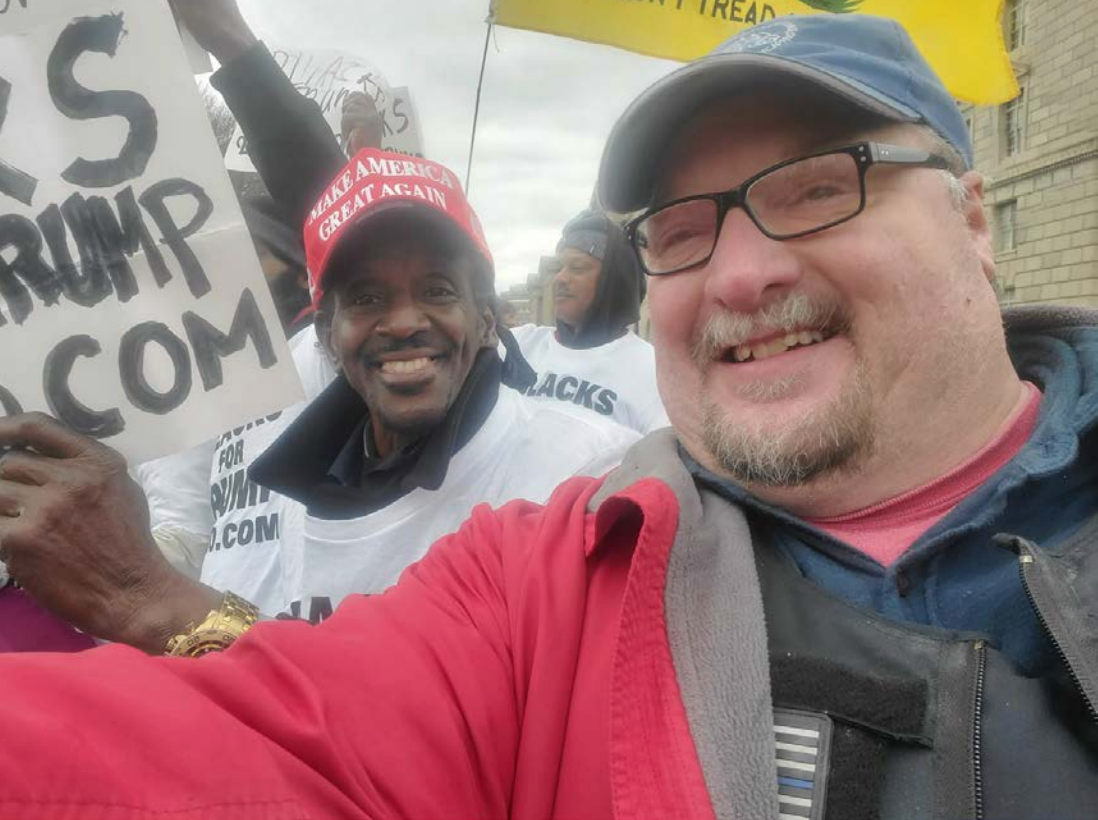Divided U.S. Supreme Court wrestles with case of Pennsylvania man who joined Jan. 6 mob
(INDIANA CAPITAL CHRONICLE) — The U.S. Supreme Court heard arguments Tuesday in a Jan. 6, 2021, case that could potentially upend convictions for a mass of Capitol riot defendants and slash some election interference charges against former President Donald Trump.
The case, Fischer v. United States, centers on whether former Pennsylvania police officer and Jan. 6 defendant Joseph W. Fischer violated an obstruction statute when he joined the mob that entered the U.S. Capitol and prevented Congress from certifying the 2020 presidential election results for several hours.
The justices, appearing split and at times opaque in their individual stances, questioned Fischer’s attorney Jeffrey Green and U.S. Solicitor General Elizabeth Prelogar for more than 90 minutes, though they grilled Prelogar for twice as long as Green.
“We thought it went about as well as it could, but we still think it will be a very close case,” Green told States Newsroom outside the court following arguments.
The provision in question stems from an early 2000s law, the Sarbanes-Oxley Act, that passed after the Enron accounting scandal and targets “whoever corruptly … otherwise obstructs, influences, or impedes any official proceeding, or attempts to do so.”
In this particular case, the proceeding is referring to the joint session of Congress to certify the 2020 presidential election results.
The government maintains that Fischer had an intent to disrupt the proceeding, and points to his text messages in the preceding days that discuss stopping the democratic process and committing physical harm of Congress members.
The Justice Department also maintains video evidence shows Fischer assaulting a police officer and encouraging rioters to “charge” into the Capitol.
Defendant’s argument
Fischer’s team argues that he wasn’t present while Congress was meeting, and that he only had a “four-minute foray to about 20 feet inside the Capitol.”
A lower trial court last year granted Fischer’s motion to dismiss the felony charge against him after he argued the clause is inseparable from preceding language that refers only to tampering with physical evidence.
The U.S. Circuit of Appeals for the D.C. Circuit reversed the ruling, though the three-judge panel split. Judge Florence Y. Pan wrote in the lead opinion that the statute is “unambiguous” in its meaning of what constitutes obstructing an official proceeding.
Roughly 350 Jan. 6 defendants have been charged under the same statute, and about 50 have been sentenced, according to Prelogar.
The clause in the 2002 Sarbanes-Oxley Act is also at the core of two of the four election subversion charges brought against Trump by U.S. Department of Justice special counsel Jack Smith.
Whether those charges stand now hangs on whether the justices agree that the law applies to Fischer’s actions at the U.S Capitol.
If the justices rule in Fischer’s favor, Trump would almost certainly challenge the government’s case, further delaying an already drawn out legal process as the 2024 presidential election inches closer.
Additionally, numerous Jan. 6 defendants convicted of the charge, among the most serious levied against them, could challenge and potentially re-open their cases.
A ruling is expected in late June or early July.



